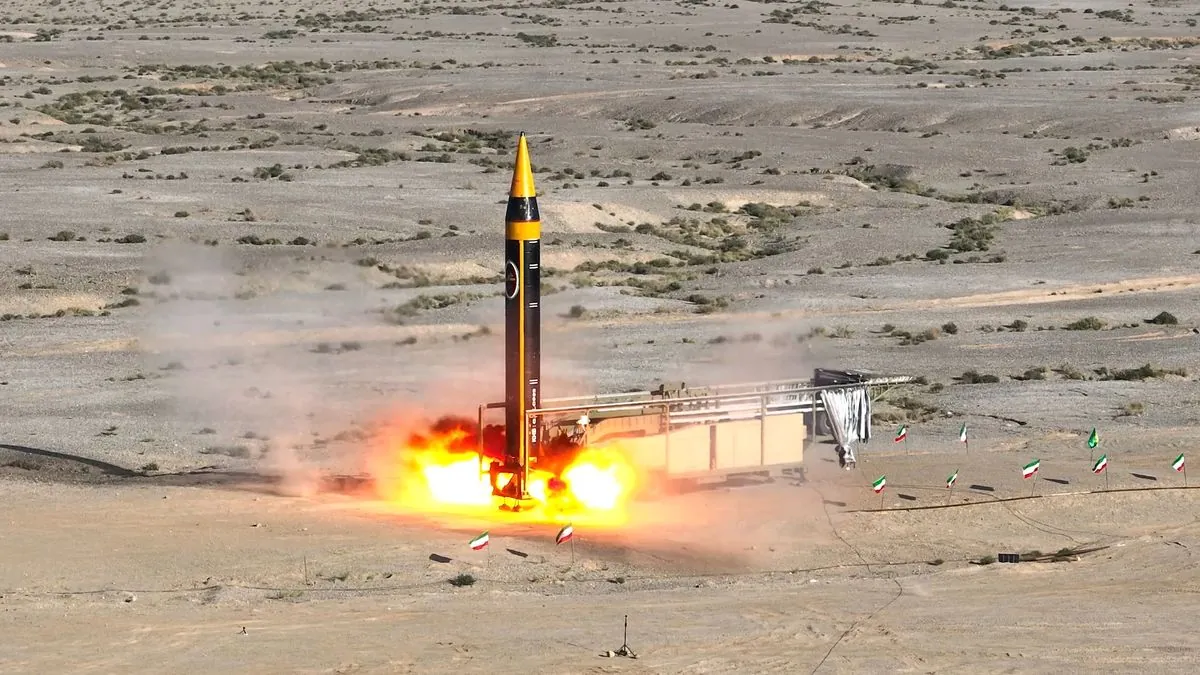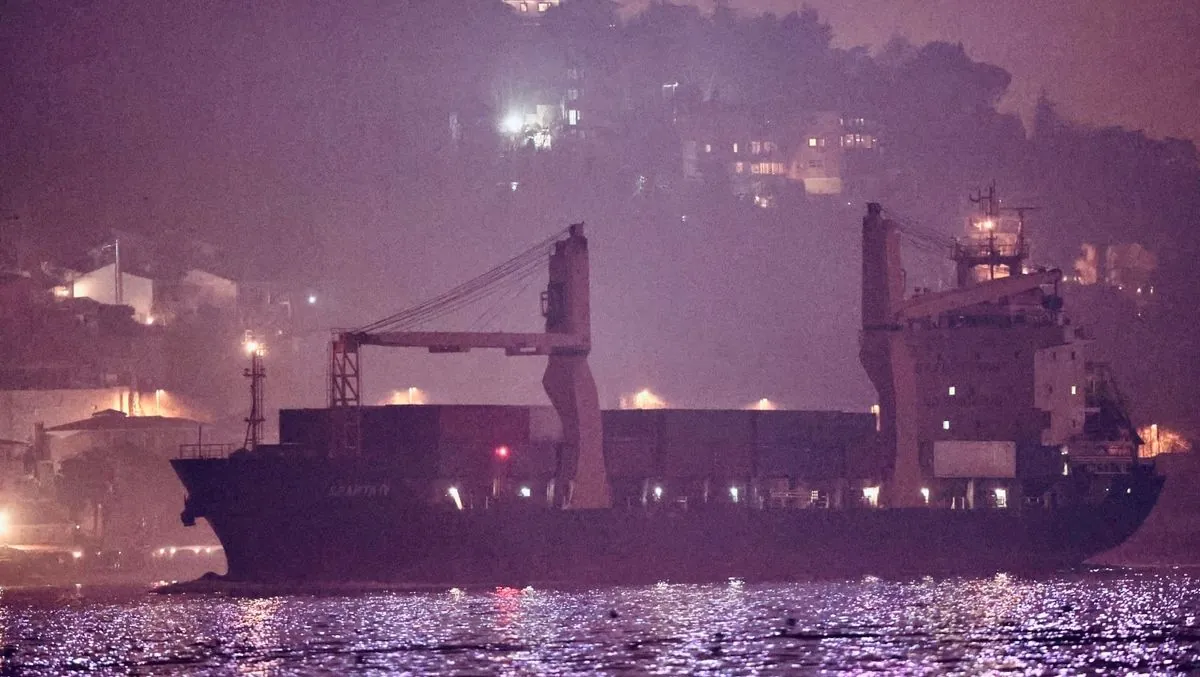Western Powers Condemn Iran's Missile Transfer to Russia, Impose Sanctions
France, Germany, and Britain denounce Iran's ballistic missile supply to Russia, cancelling air agreements and imposing sanctions. The move follows U.S. warnings of imminent use in Ukraine.

In a coordinated response to Iran's transfer of ballistic missiles to Russia, the governments of France, Germany, and Britain have taken decisive action. The three nations have announced the cancellation of bilateral air service agreements with Iran and are working towards imposing sanctions on Iran Air, the country's flag carrier airline founded in 1961.
This development comes approximately one year after U.S. Secretary of State Antony Blinken revealed that Russia had received ballistic missiles from Iran, with expectations of their use in the ongoing conflict in Ukraine. The Western powers have expressed grave concerns about this escalation, viewing it as a direct threat to European security.
In a joint statement, France, Germany, and Britain declared:
"This act is an escalation by both Iran and Russia, and is a direct threat to European security. We call on Iran to immediately cease all support to Russia's war against Ukraine and halt the development and transfers of its ballistic missiles."
[[Joint statement from France, Germany, and Britain]]
The transfer of ballistic missiles violates United Nations Security Council Resolution 2231, which prohibits Iran from transferring certain weapons. This resolution was adopted in 2015 as part of the Joint Comprehensive Plan of Action (JCPOA), aimed at limiting Iran's nuclear program.
David Lammy, the British foreign minister, emphasized the significance of the international response:
"We have been clear in that any transfer of ballistic missiles by Iran would face a significant response. Today, alongside our international partners, we are calling out this behaviour and its attempts to undermine global security."
[[David Lammy, British Foreign Minister]]
Britain has taken additional measures by imposing sanctions on Russian cargo ships allegedly involved in transporting military supplies from Iran to Russia. The sanctions also target individuals and organizations facilitating Iran's military support to Russia, including those involved in ballistic missile and drone supply chains.

Iran's ballistic missile program, which has been in development since the 1980s, has long been a source of international concern. The country's military strategies were significantly influenced by the Iran-Iraq War (1980-1988), leading to increased focus on missile technology.
The United States has also announced plans to impose new sanctions, including measures against Iran Air. This action builds upon a history of U.S. sanctions against Iran, which were first imposed in 1979 following the Iranian Revolution.
The cancellation of bilateral air service agreements will restrict Iran Air's ability to operate flights to Britain and Europe. This move could have significant implications for Iran's aviation sector, which has already faced challenges due to previous sanctions.
The international community's response to Iran's actions demonstrates a united front against the proliferation of ballistic missile technology and support for Russia's military operations in Ukraine. As the situation continues to evolve, the effectiveness of these measures in deterring further cooperation between Iran and Russia remains to be seen.


































